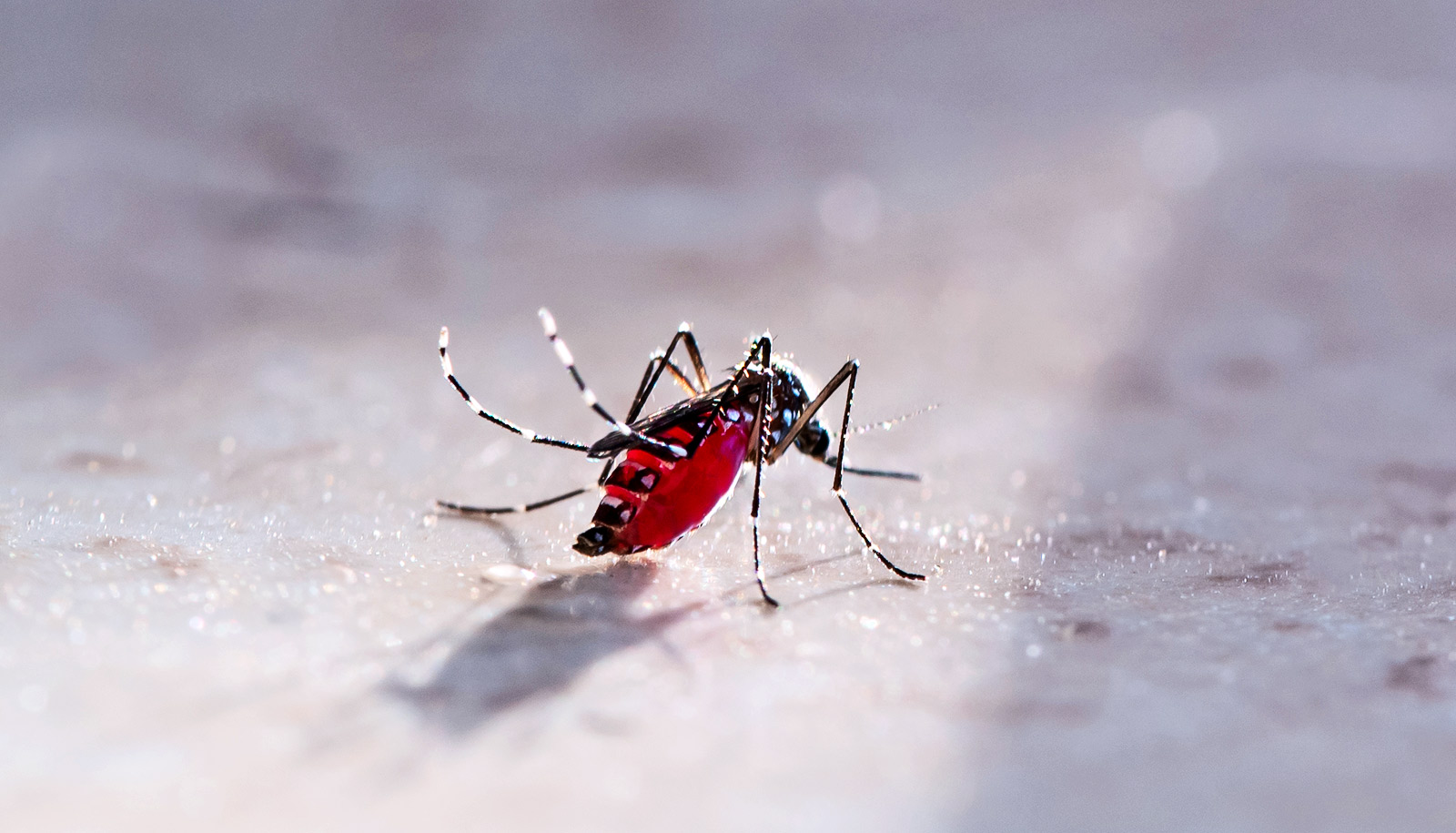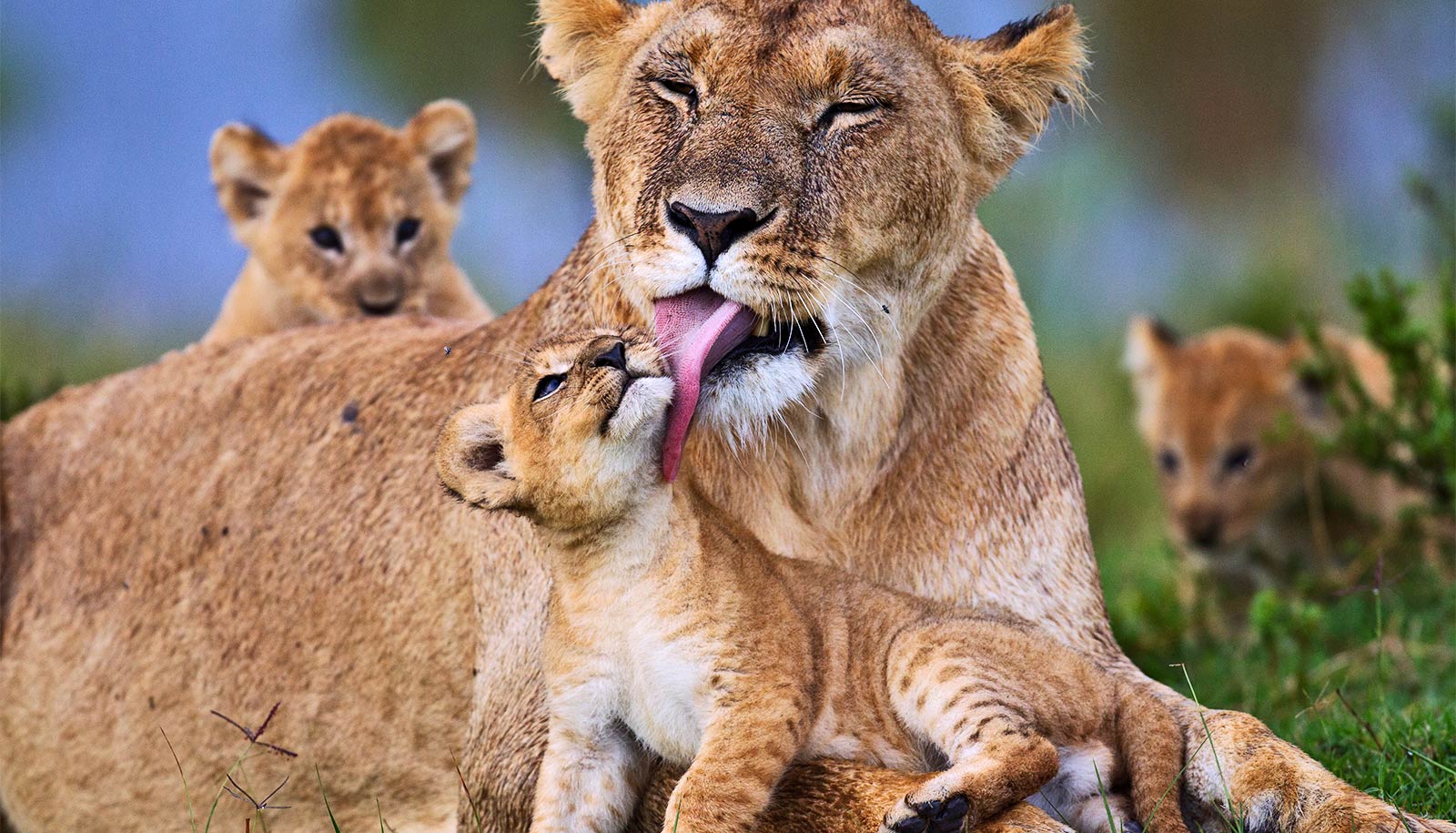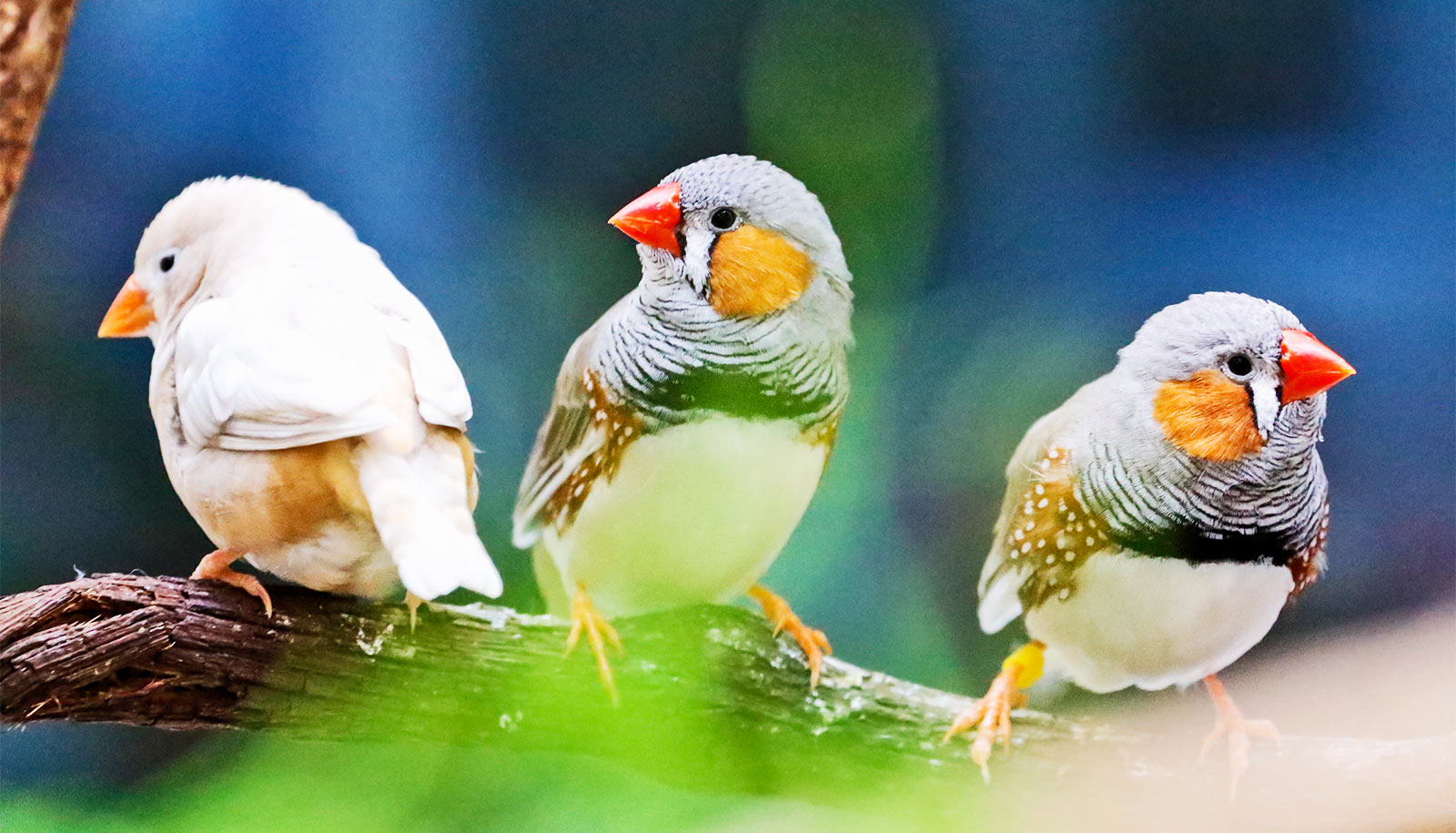The first comparison of the genes of all living and extinct black rhinoceros populations uncovers a massive decline in genetic diversity, with 44 of 64 genetic lineages no longer existing.
The new data suggest that the future is bleak for the black rhinoceros unless the conservation of genetically distinct populations is made a priority.
“The new genetic data we have collected will allow us to identify populations of priority for conservation…”
“Our findings reveal that hunting and habitat loss has reduced the evolutionary potential of the black rhinoceros dramatically over the last 200 years,” says Professor Mike Bruford of Cardiff University’s School of Biosciences. “The magnitude of this loss in genetic diversity really did surprise us—we did not expect it to be so profound.
“The decline in the species’ genetic diversity threatens to compromise its potential to adapt in the future as the climate and African landscape changes due to increased pressure from man…”
The research team used DNA extracted from a combination of tissue and fecal samples from wild animals, and skin from museum specimens. They sequenced DNA from maternal mitochondrial genome and used classical DNA profiling to measure genetic diversity in past and present populations and compared the profiles and sequences of animals in different regions of Africa.
“The new genetic data we have collected will allow us to identify populations of priority for conservation, giving us a better chance of preventing the species from total extinction,” says Bruford.
Is Earth headed for a sixth mass extinction?
Their next step is to sequence the black rhino genome to see how the loss of genetic diversity is likely to affect populations across all of its genes. This would be vital information given the current poaching epidemic and the fact that some populations are being targeted more than others.
The black rhinoceros has already been hunted to extinction in many parts of Africa and now survives in only five countries: South Africa, Namibia, Kenya, Zimbabwe, and Tanzania. Renewed poaching has threatened this recovery as rhinoceros horn has attained an unprecedented and steadily rising value.
The research appears in Scientific Reports. The International Rhino Foundation funded the work.
Source: Cardiff University



